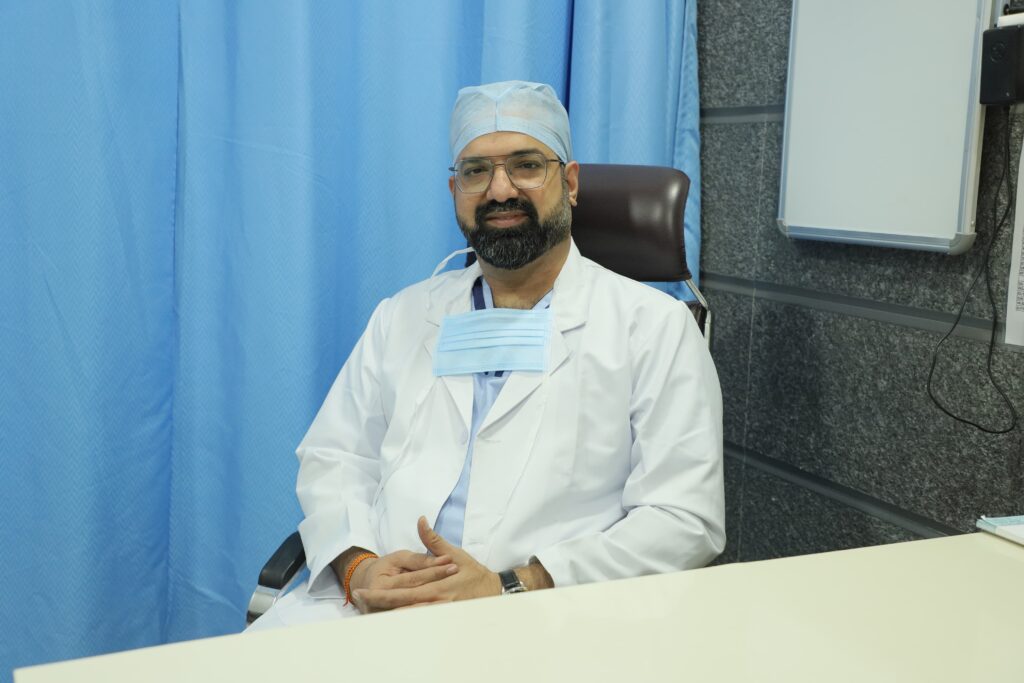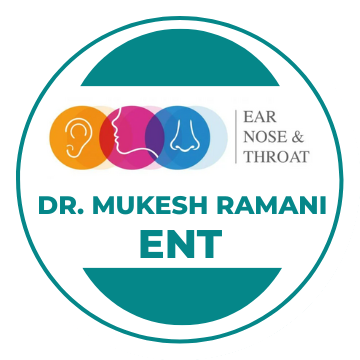Services
We Provide

Understanding Recurrent Tonsillitis
Recurrent tonsillitis is a condition characterized by frequent episodes of inflammation or infection of the tonsils, which are small glands located at the back of the throat. These episodes can lead to symptoms such as sore throat, difficulty swallowing, and fever. Recurrent tonsillitis can significantly impact an individual’s quality of life and may require medical intervention to manage symptoms and prevent complications. Understanding the causes, symptoms, diagnosis, and treatment options for recurrent tonsillitis is essential for effectively managing this condition.
Diagnosis of Recurrent Tonsillitis
Diagnosing recurrent tonsillitis typically involves a comprehensive evaluation by a healthcare provider, often an otolaryngologist (ear, nose, and throat specialist). During the examination, the provider may review the individual’s medical history and perform tests such as:
- Throat Examination: A physical examination of the throat to assess for signs of inflammation, redness, or swelling of the tonsils.
- Throat Culture: A throat culture may be performed to identify the presence of bacterial pathogens such as Streptococcus bacteria (Strep throat).
- Blood Tests: Blood tests, such as a complete blood count (CBC), may be recommended to assess for signs of infection or inflammation.
Causes of Recurrent Tonsillitis
Recurrent tonsillitis is commonly caused by viral or bacterial infections, particularly by group A Streptococcus bacteria (Strep throat). Several factors may contribute to the development of recurrent tonsillitis, including:
- Weakened Immune System: Individuals with a weakened immune system, such as those with HIV/AIDS or undergoing chemotherapy, may be more susceptible to recurrent tonsillitis.
- Close Contact: Close contact with individuals infected with viral or bacterial pathogens, particularly in crowded environments such as schools or daycare centers, can increase the risk of recurrent tonsillitis.
- Environmental Factors: Environmental factors such as exposure to tobacco smoke or air pollution may irritate the throat and increase the risk of recurrent tonsillitis.
- Chronic Sinusitis: Chronic inflammation or infection of the sinuses can lead to postnasal drip and irritation of the throat, contributing to recurrent tonsillitis.
- Allergies: Allergic reactions to environmental triggers such as pollen, dust mites, or pet dander can lead to chronic inflammation of the tonsils and increase the risk of recurrent tonsillitis.
Symptoms of Recurrent Tonsillitis
Common symptoms of recurrent tonsillitis may include:
- Sore Throat: Persistent or recurrent sore throat, particularly when swallowing or speaking.
- Fever: Fever or chills, particularly during acute episodes of tonsillitis.
- Difficulty Swallowing: Difficulty swallowing (dysphagia) or pain while swallowing, particularly with larger tonsil stones or severe inflammation.
- Swollen Tonsils: Enlarged or swollen tonsils, often accompanied by redness or white patches.
- Bad Breath: Foul-smelling breath (halitosis), particularly due to the presence of tonsil stones or bacterial overgrowth in the tonsils.
It’s important to seek medical attention if you experience symptoms of recurrent tonsillitis, as early diagnosis and treatment can help alleviate symptoms and prevent complications such as abscess formation or chronic tonsillitis. Treatment for recurrent tonsillitis may include antibiotics for bacterial infections, pain relievers, gargling with salt water, or surgical procedures such as tonsillectomy (surgical removal of the tonsils) in severe or persistent cases.
18+
years
of experience

Dr. Mukesh Kumar Ramani
Dr. Mukesh Kumar Ramani is a dedicated Specialist ENT Surgeon at Aster Clinic (Aster Jubilee Medical Complex) in Burdubai, Dubai. With over 18 years of experience in the field, Dr. Ramani has garnered expertise in various aspects of Otorhinolaryngology.
He completed his MBBS from Thanjavur Medical College, Tamilnadu, India, followed by MS (ENT) from B. J. Medical College, Ahmedabad, India, and DNB from the National Board of Examinations, New Delhi, India. Dr. Ramani’s extensive academic background is complemented by his passion for delivering high-quality patient care.
